Nipah Virus and the Dynamics of Regional Biosecurity

The 2025–2026 Nipah virus cases in India illustrate that high-risk pathogens are not confined by national borders. Through selective disclosure, delayed reporting, and episodic containment, outbreaks compel neighbouring states to implement proactive biosecurity measures, highlighting the strategic significance of regional health governance.
The Structural Costs of Hindutva Governance

India’s shift toward Hindutva governance has transformed identity into policy. As citizenship, culture, and power merge, over 28 crore minorities are pushed to the margins—fracturing institutions, normalising exclusion, and leaving long-term scars on the republic’s social fabric.
The Weaponization of the Rivers
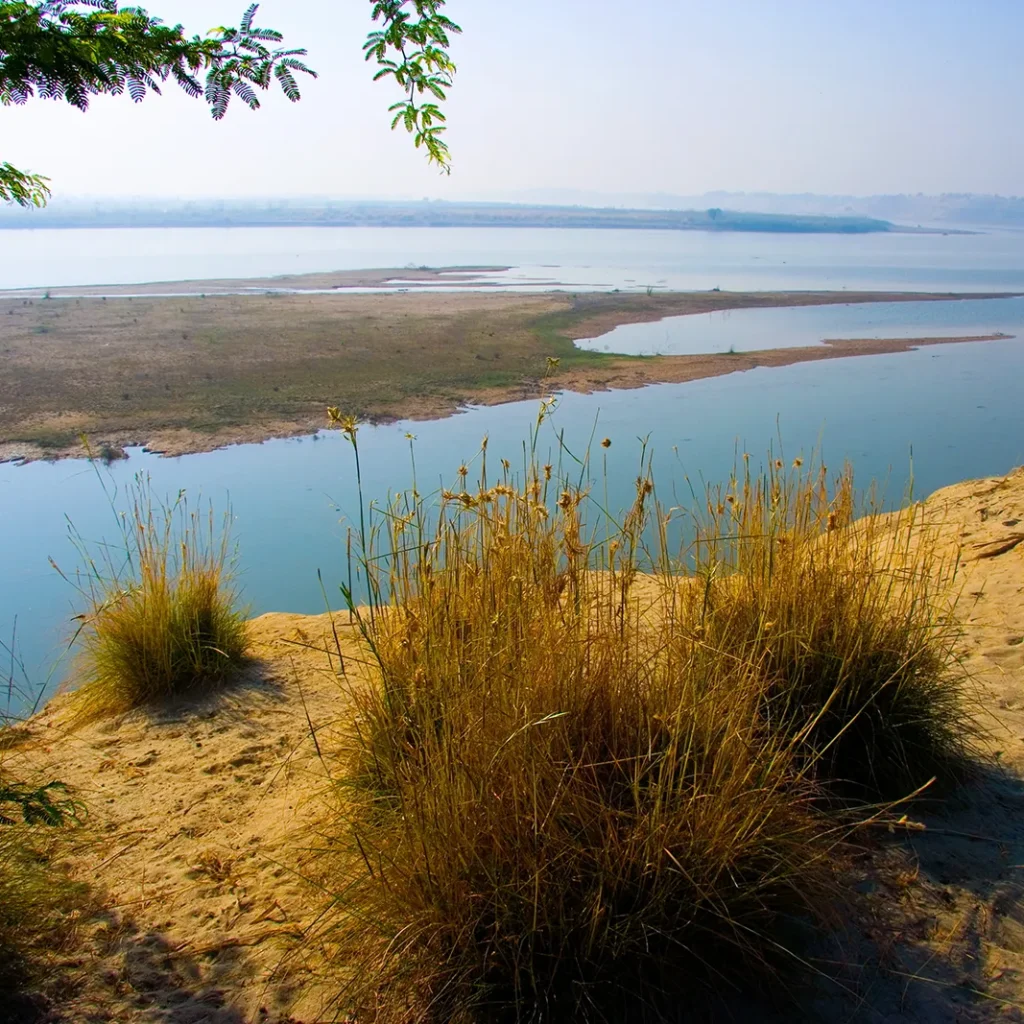
The Indus Waters Treaty is facing its gravest test as India’s unilateral actions on the Chenab transform water from a shared resource into a tool of coercion. In a climate-stressed region, disrupted river flows and suspended data sharing threaten Pakistan’s agrarian economy, food security, and regional stability.
India’s Offensive Defence Doctrines and Its Strategic Consequences
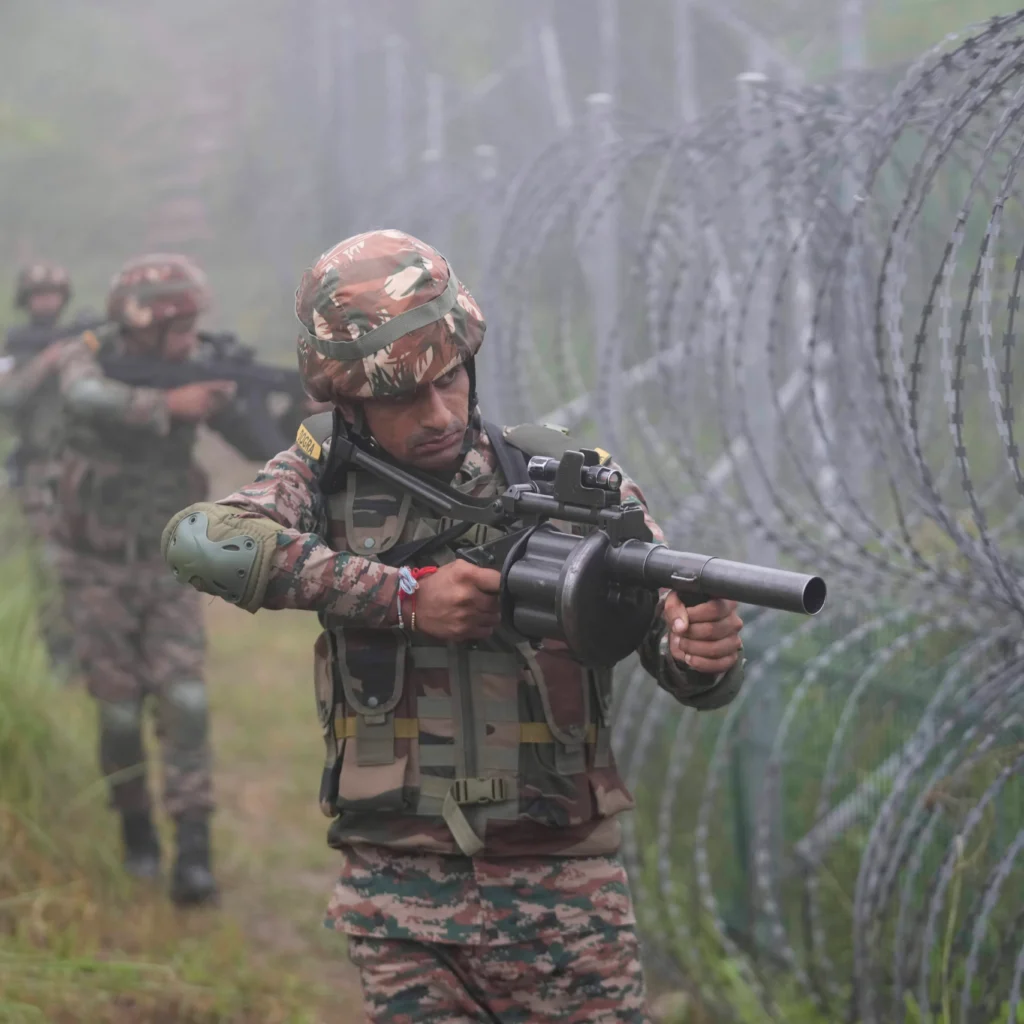
From the Sundarji Doctrine to Cold Start and 2025’s Operation Sindoor, India’s offensive doctrines aimed at rapid strikes against Pakistan repeatedly backfired, exposing operational gaps and narrowing its strategic options in multi-domain warfare.
Dancing on the Heads of Snakes
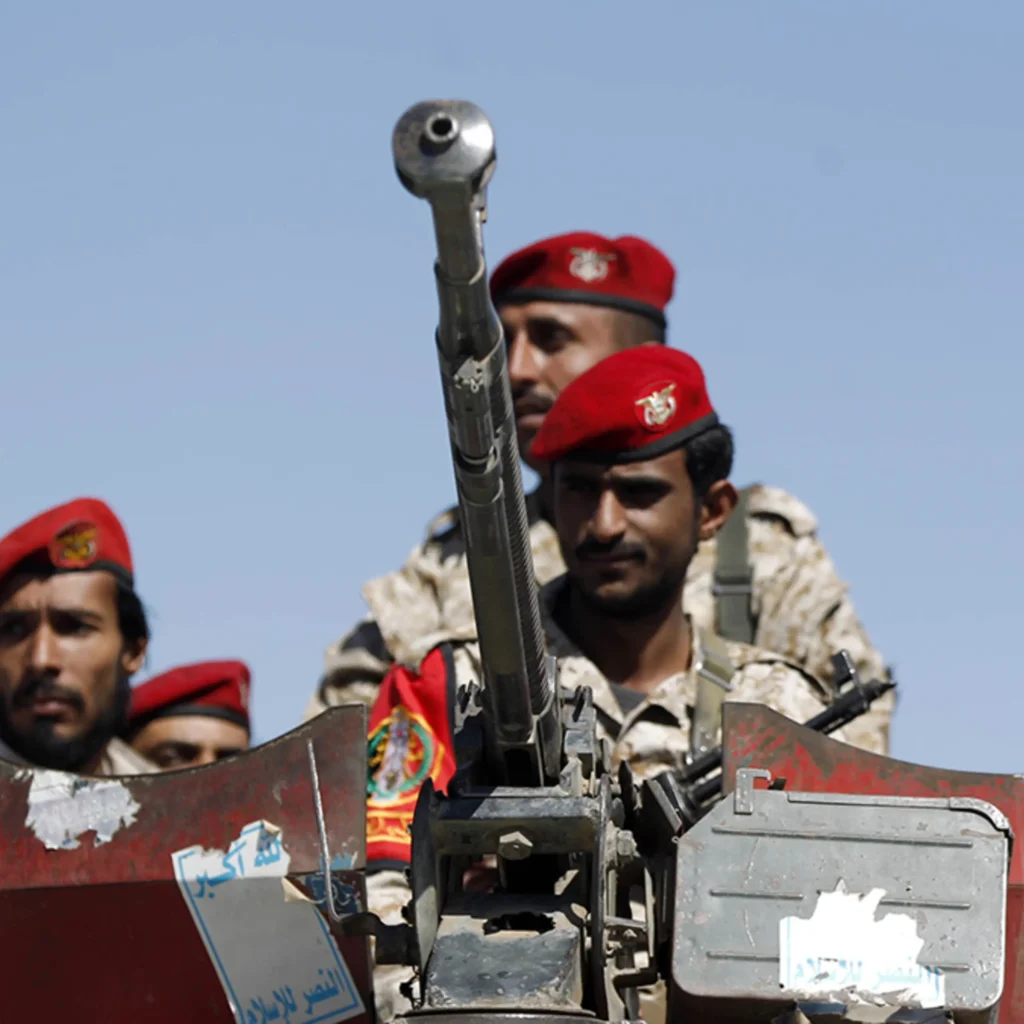
As 2025 ends, Yemen’s anti-Houthi coalition collapses. The Saudi-UAE split leaves rival militias and foreign powers vying for control, deepening the humanitarian crisis.
AI, Extremism, and the Weaponization of Hate: Islamophobia in India
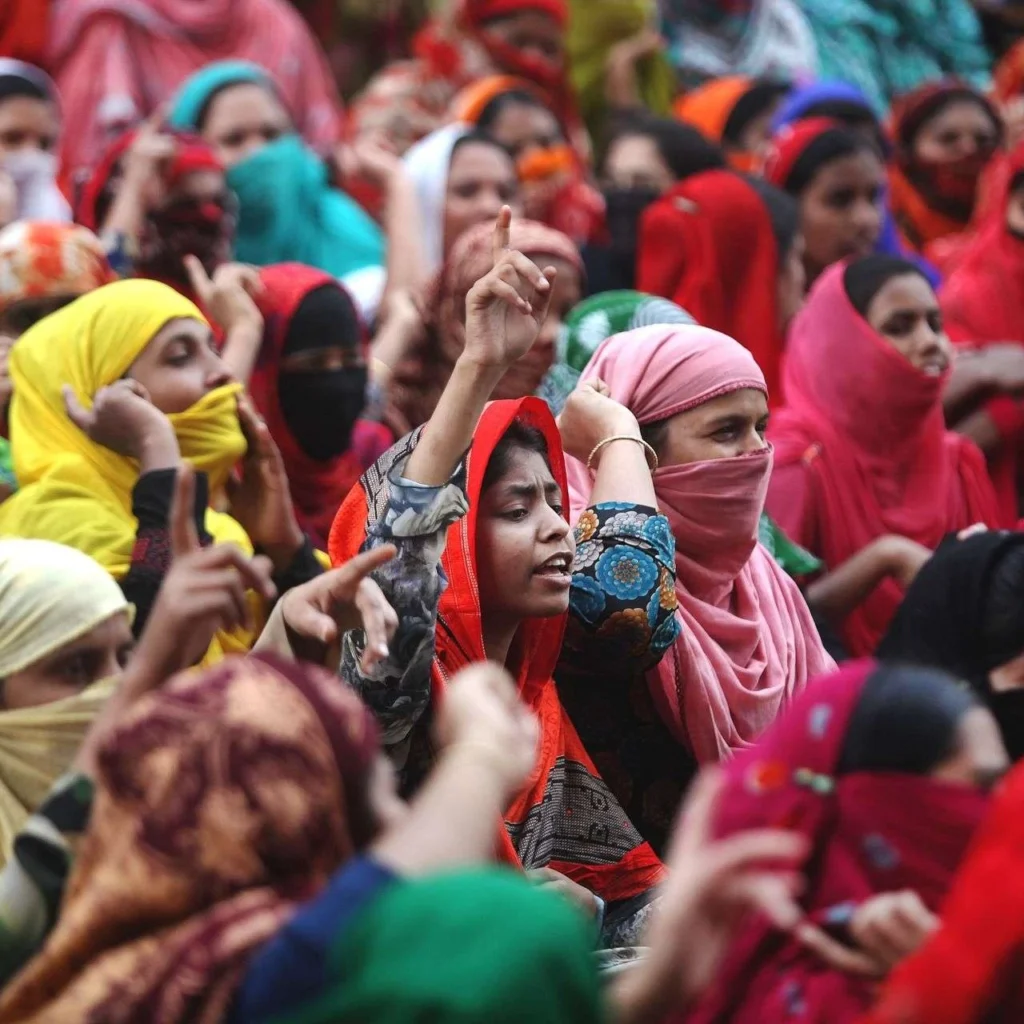
AI is no longer a neutral tool in India’s digital space. A growing body of research shows how artificial intelligence is being deliberately weaponized to mass-produce Islamophobic narratives, normalize harassment, and amplify Hindutva extremism. As online hate increasingly spills into real-world violence, India’s AI-driven propaganda ecosystem raises urgent questions about accountability, democracy, and the future of pluralism.
Majoritarian Politics and the Erosion of Minority Dignity in India: The Bihar Hijab Incident
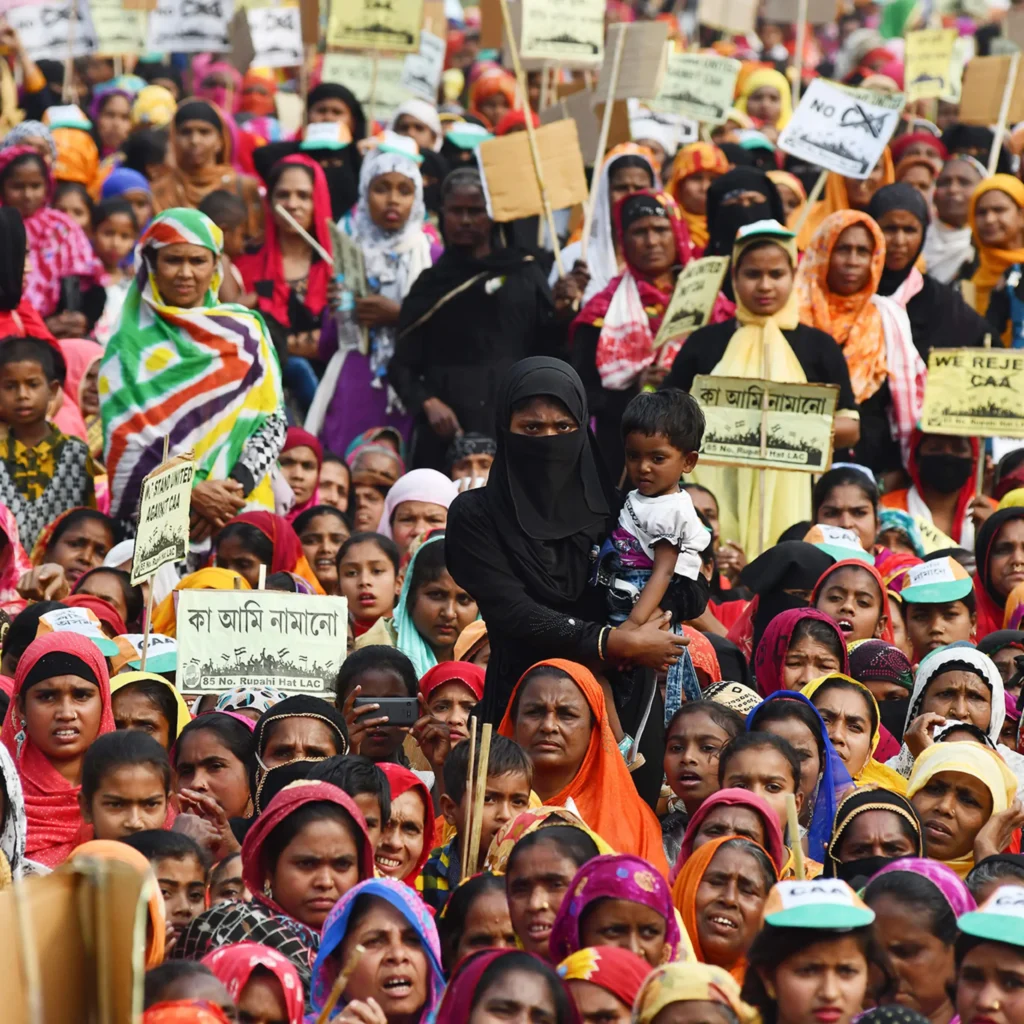
The forcible removal of a Muslim woman doctor’s hijab by Bihar’s Chief Minister was not an isolated lapse of conduct but a revealing moment in India’s evolving political culture. It underscored how majoritarian ideology increasingly normalizes the public humiliation of minorities, particularly Muslim women, and weakens constitutional guarantees of equality, religious freedom, and personal dignity.
India’s Missing People’s Revolution: Democracy, Electoral Erosion, and the Prospect of Popular Upheaval

India’s democracy was born without a revolution. As electoral integrity weakens and institutions hollow out, this absence of a popular rupture may now be returning as a structural crisis—one that could yet provoke mass political upheaval.
The New Bollywood

Bollywood, once India’s most effective soft-power tool, is undergoing a dramatic ideological overhaul. Films like Dhurandhar and The Taj Story reflect a new cinematic nationalism rooted in historical revisionism, internal othering, and aggressive anti-Pakistan narratives, reshaping both India’s identity and its global cultural reach.
The End of Liberal Internationalism
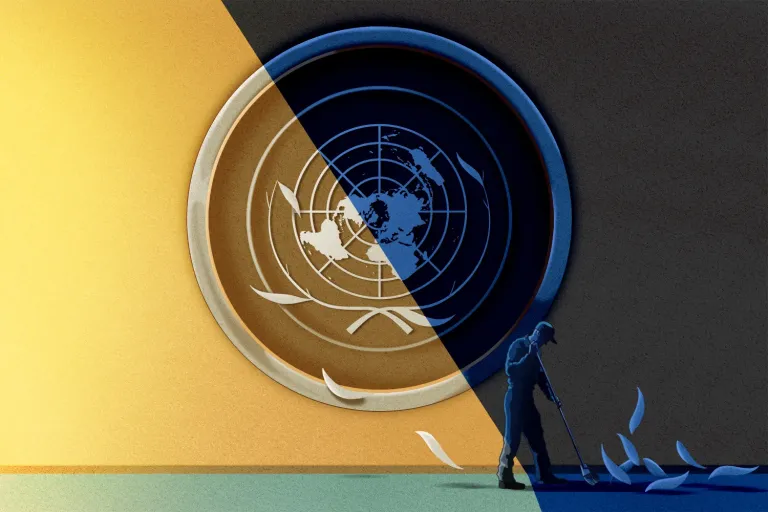
The 2025 U.S. National Security Strategy marks a decisive break from the post-1945 liberal order, replacing globalism and multilateralism with a neo-Westphalian focus on sovereign nation-states, fortified borders, and exclusionary spheres of influence. It signals America’s retreat from global leadership and the return of great-power rivalry.
